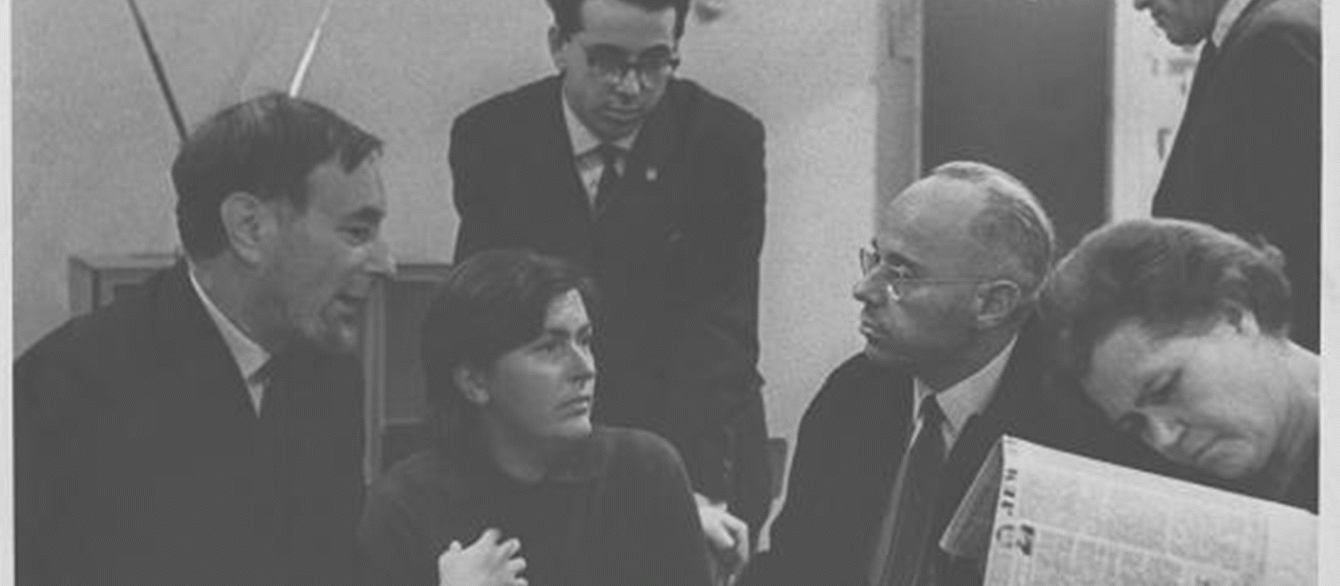Science fiction played an outsized role in Soviet literature and culture, especially in the post-Stalinist periods, extending to East and Central European countries of the Soviet bloc. As with other literary genres, visual art, music, and cinema, the renaissance of science fiction began during the Thaw epoch as part of liberalizing reforms initiated by Nikita Khrushchev after Stalin’s death. On the one hand, science fiction suited well the politics of the Cold War and the space race and was thus promoted by the regime, but on the other, it became a refuge for intellectuals, first optimistic about the possibility of change and later skeptical, disgruntled and disaffected. The focus of this talk, part of a larger book project, is the surprising, fascinating, and central, both in plain sight and masked, place of Jewishness in the science fiction texts and their authors’ biographies. The talk will reveal how due to both the personalities involved and the content of their writings, it would not be a stretch to think of Soviet science fiction as a Jewish art form in some fundamental ways, which makes it deeply original, if not unique in the 20th-century annals of the genre. The writers to be explored are, of course, the gurus of Soviet science fiction, the Strugatsky Brothers, Arkady, and Boris Strugatsky, who made Jewishness one of the richest and most ubiquitous parts of their multivolume oeuvre; the great Stanisław Lem, who had an enormous impact on the Soviet writers and confronted Holocaust memories and Jewishness in ways both tragic and profound in his work; Ilya Varshavsky, the Strugatskys’ mentor and friend; Gennady Gor, a recently rediscovered writer; Rafail Nudelman, a translator of Lem into Russian, and Boris Shtern, a Soviet Ukrainian writer. Different in many ways, all are linked through their engagement with science fiction as a source of secret Jewish language and poetics.
Sponsorship
Center for Jewish Studies, Harvard University
Accessibility
The Davis Center for Russian and Eurasian Studies at Harvard University encourages persons with disabilities to participate in its programs and activities. If you anticipate needing any type of accommodation or have questions about the physical access provided, please contact us at 617-495-4037 or daviscenter@fas.harvard.edu in advance of your participation or visit. Requests for Sign Language interpreters and/or CART providers should be made at least two weeks in advance if possible. Please note that the Davis Center will make every effort to secure services but that services are subject to availability.




